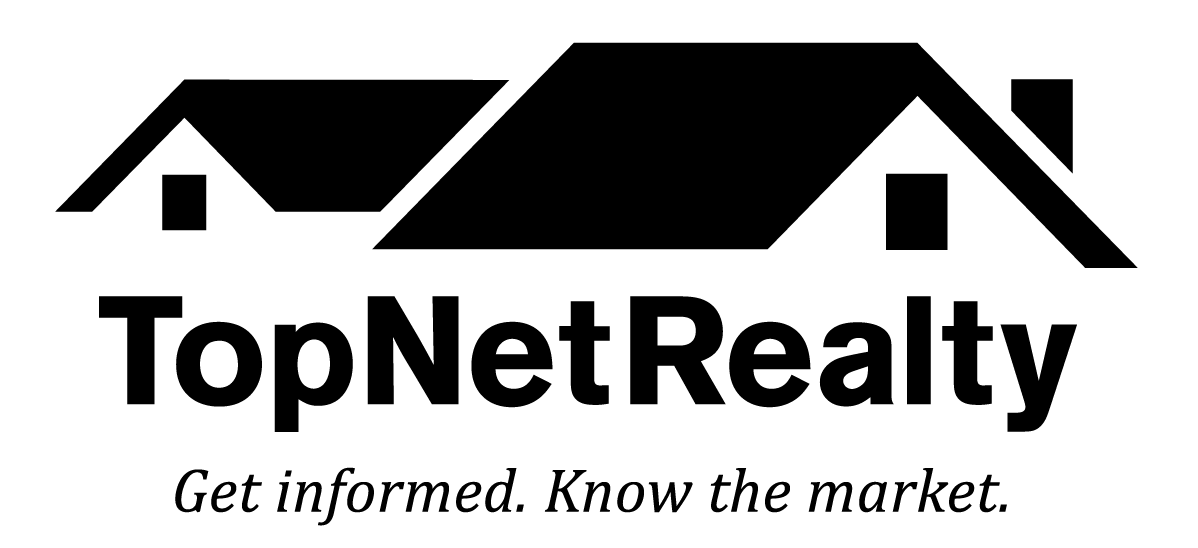How Do You Know If You're Ready To Buy a Home?
The Saratoga Springs housing market had many people in panic mode — worrying that if they didn't act now, they may never be able to buy a house amid record-high housing prices and increasing interest rates. With the changing market conditions of today, hopeful homebuyers may be in a better position to act. It’s important to remember, though, that no matter what the market is doing, buying a home is something you shouldn't rush into.
A mortgage is one of the biggest — and most important — responsibilities you’ll have in your life. Entering into home ownership before you’re ready could have negative impacts on your financial wellbeing. In this post, we’ll take you through some steps to help you decide whether or not you’re actually ready to purchase a home.
Ready or Not? How To Determine if You’re Ready To Buy a Home
In today’s changing market conditions, homebuyers must ensure they are in a good financial position before buying a home. Here are a few top things to consider.
You Have Little to No Debt
While there’s no hard rule that you have to be out of debt to buy a house, the lower your debt, the higher your pre-approval and the lower your interest rate — a homebuyer’s dream formula. In addition to these perks of having little to no debt, you should have more dispensable income to spend on your mortgage payment, repairs, furnishings, and anything else your heart desires.
Your Savings Account Is Well Established
When buying a home and going into owning a home, expenses are plenty and seem to pop out of nowhere — any homeowner knows this. From the down payment to closing costs to real estate taxes — and that’s before you even move in! Then, you have to be prepared for furnishing your home, replacing appliances, the AC going out, and any other emergencies that come up.
It’s a must — especially amid today’s changing market conditions and potential looming recession — to give yourself a healthy safety net when it comes to all of the bills and expenses that come with home ownership. Some experts recommend having six months of expenses set aside in your savings account, while others recommend having up to a year’s worth.
One thing’s for sure, the more money you have in your savings account, the less stressful all of the expenses that come with homeownership will be. So, make sure your savings account is up to par before you sign on the dotted line for your new home.
You Have a Steady Job
Of course, no job comes with a 100% guarantee of permanent employment. But, the longer you’ve held a position, the more likely your job will be viewed as steady enough to get your mortgage approved. One big no-no during the home buying process is switching jobs, or, God forbid, up and quitting your job.
Changing jobs can impact your loan approval, which means you may lose the approval on your dream, or your monthly payment could increase to something that’s out of your ability to pay comfortably.
Also, having a steady job will ease the burden of making your mortgage payment because you’ll have an idea of what you can expect on each paycheck and whether you can realistically afford your mortgage.
You Can Realistically Afford the Monthly Payment
We’ve all been there, scrolling through Zillow, and we find the perfect house — and it even has a pool! We use the website’s payment calculator, and much to our surprise, the monthly payment seems completely manageable!
Not so fast. It’s important to remember these online payment calculators often don’t consider all of the expenses associated with a mortgage payment. They also default to you providing a full 20% down payment. In reality, there are many more factors that will go into your house payment, including:
- Property taxes — which can increase each year (sometimes pretty significantly).
- Homeowner’s insurance.
- Homeowner’s association fees.
- City taxes and fees.
- Water, sewage, and garbage.
- Private mortgage insurance (PMI) if you’re unable to provide the full down payment.
These added charges will likely add hundreds of dollars to your monthly payment, so it’s critically important that you don’t forget to factor these in to get a full picture of what you’ll be paying each month. Then you can ask yourself whether or not you can realistically afford it.
Looking for Your Home? We Can Help
To navigate these changing market conditions, hopeful Saratoga area homebuyers need expert help. If you’re interested in buying a home, contact TopNetRealty today. We’ll guide you through the process and help you find your home.



